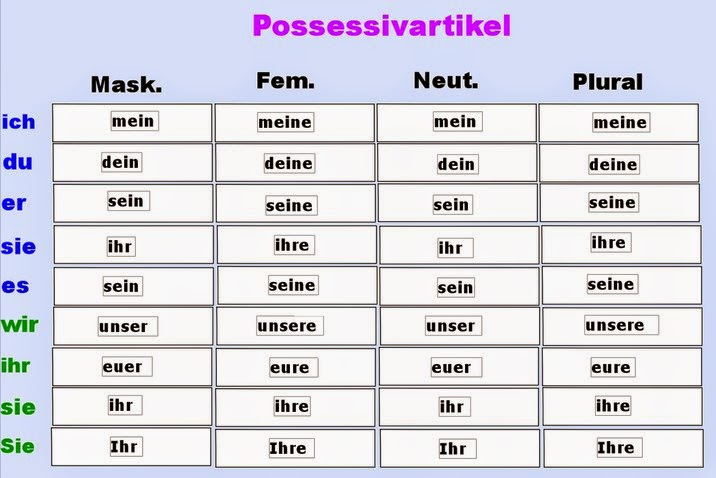For native english speakers, one of the most challenging aspects of learning german, at least initially, can be the fact that each noun, pronoun, and article has four cases.not only does every noun have a gender, but that gender also has four different variations, depending on where it lands in a sentence.. It may seem nitpicky, but getting german cases right can make or break your fluency. don’t worry, we’re building a strong legal case against the german language for all the pain and suffering it has caused language learners. learning german becomes fun and easy when you learn with movie trailers, music videos, news and inspiring talks. The german cases. right, let’s get stuck into the heart of the german language, the cases. there are four cases in the german language: nominative, accusative, dative and genitive..
German cases in any language, a noun can play different roles in a sentence. for example, a noun can be the person or thing carrying out an action ( boy plays guitar), or it can be the person or thing affected by the action (boy plays guitar ).. Although some features of german grammar, such as the formation of some of the verb forms, resemble those of english, german grammar differs from that of english in that it has, among other things, cases and gender in nouns and a strict verb-second word order in main clauses.. German lessons | german grammar. cases. german has four cases. a case may determine the particular adjective, adjective ending, pronoun, and noun ending to use. if there is a definite article, the case is often easier to recognise..






0 komentar:
Posting Komentar